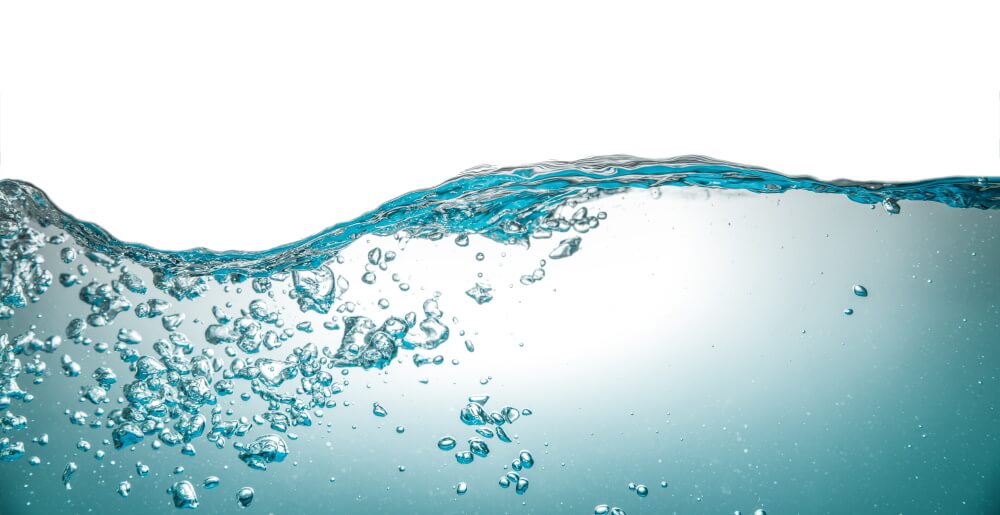Do you live in a hard-water area? Are you tired of tackling limescale deposits around your home? If so, you could be the perfect candidate for a water softener. But what are they and do you really need one?
In this article, we’ll provide you with everything you need to know about installing a water softener system in the UK, including a list of pros and cons to help you make a more informed decision.
The Problem Of Hard Water In The UK
Due to the geological makeup of the United Kingdom; hard water is a problem here, with more than 15 million homes affected by it every year. It occurs when rainwater seeps through granite and rock and absorbs calcium and magnesium on its way to groundwater aquifers, resulting in mineral-rich water that causes limescale.
An estimated 60% of us live with hard water in England, and it is more widespread in the South and East where the earth’s surface contains high levels of chalk and limestone. According to a report by British Water - families in this part of the country deal with up to 70kg of water scale every year, which causes all kinds of problems for heating systems and household appliances, not to mention pipes and showerheads.
How Water Softeners Can Help
As the name suggests, water softeners feature modern technology to soften hard water by removing hard minerals calcium and magnesium and replacing them with soft minerals sodium or potassium in a process called ion-exchange.
Water softeners are tanks that you can install under any kitchen sink or in a utility room or garage. Once installed, they are relatively inexpensive to run, with the only ongoing costs being electricity to power the unit and salt blocks to keep it running efficiently.
Pros & Cons of Water Softeners
As with most things, there are pros and cons when it comes to using a water softener. Here we list points to consider before installing a water softener system at home:
Water Softeners – The Pros
. A water softener system will not only help remove limescale in your plumbing and heating systems, but it will prevent it from re-occurring. It could extend the life of your pipes, boilers, and radiators, and save you money on your annual fuel bills.
. By removing the chalky deposits from your water supply, water softeners make showerheads, sinks, shower screens, and bathtubs easier to clean.
. Soft water lathers faster and easier than hard water, and so you could save a significant amount of money on washing liquids, shower gels, detergents, and soap by installing a water softener system.
. The high mineral content in hard water can cause dry skin and hair. Soft water contains fewer minerals, enabling the skin and hair to retain natural moisture levels.
. Water softeners can save you more than 50% on washing powder, soap, and cleaning detergents.
Water Softeners – The Cons
. Water softeners use sodium to remove minerals; as such, the water they supply may be unsuitable for babies, those with heart complaints, and anyone following a low-sodium diet
. A certain amount of water wastage occurs during the regeneration process, and this can increase household water bills by as much as 10%.
. Water softener systems need servicing every few years to ensure they run efficiently.
. Softened water can taste unpleasant and salty.
